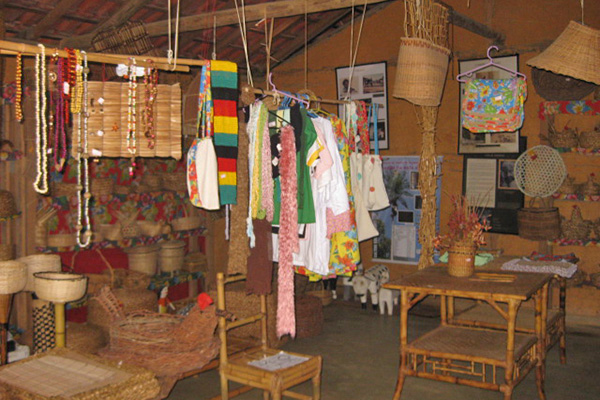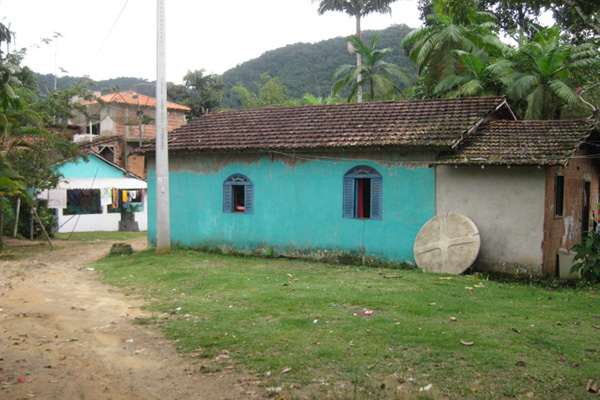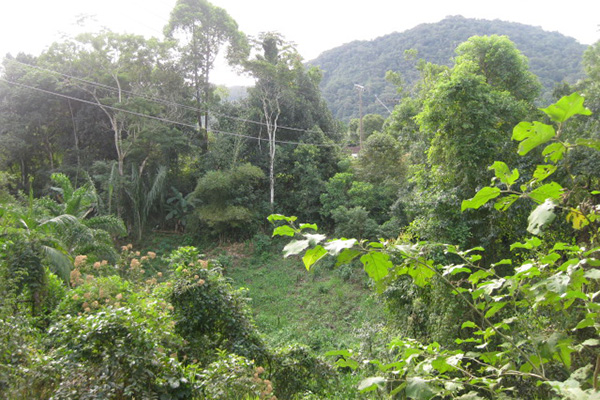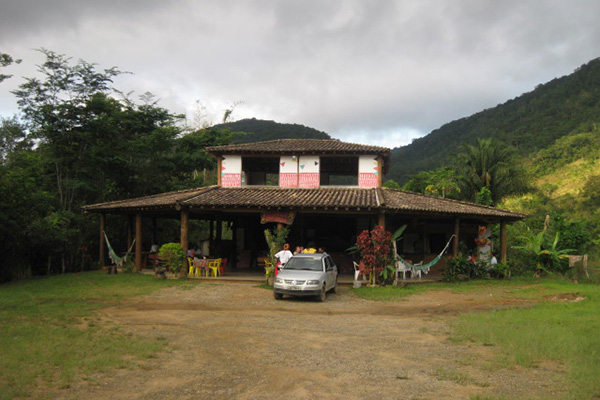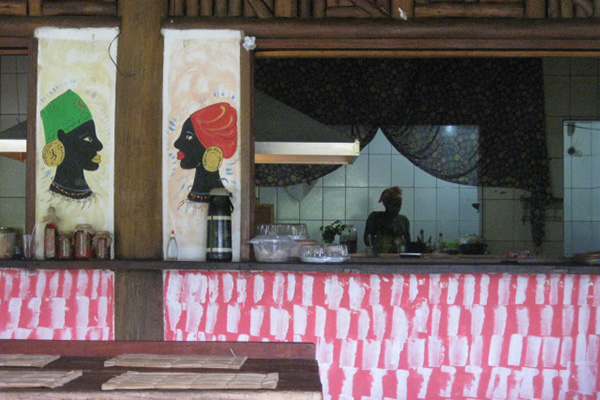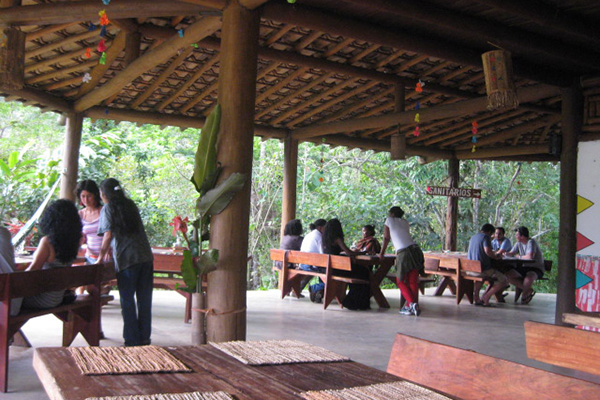When tourism meets activism
Anthropology professor to study communities of escaped Brazilian slaves
1:26 p.m., March 4, 2014--In 1988, exactly 100 years after slavery was outlawed in Brazil, the country ratified its constitution, granting land rights to descendants of escaped African slaves whose ancestors had formed independent communities (often mixed with indigenous and Europeans) outside the plantation system throughout the country.
While anthropologists and historians estimate the existence of more than 3,000 such communities — known as quilombos — only 1,342 are recognized by the federal government and substantially fewer have titles to their land.
Global Stories
Fulbright awards
Peace Corps plans
In this ongoing fight for land that spans centuries, a relatively new development has emerged in Brazil: quilombo tourism.
“These are very independent communities,” explains Carla Guerrón Montero, associate professor of anthropology. “Depending on the particular historical circumstances, tourism may help bring to public attention their struggle to gain access to their land.”
The struggle itself is a complex political process, in which communities must apply to the federal government for land rights while proving — through history, archeology, anthropology, and a host of other means — that their communities are, in fact, composed of quilombolas, or descendants of quilombo communities.
Adding to the complexity is the location of many quilombos, often settled in remote areas that have since become prime sites for commercial and real estate developers.
Guerrón Montero, whose research examines the African diaspora, the anthropology of tourism, and the anthropology of food, is particularly interested in the role tourism will play in quilombo cultures — as well as its legal and political implications for land rights and citizenship. (While quilombolas are indeed legal citizens of Brazil, Guerrón Montero argues that they are not treated like citizens since they do not benefit fully from their rights).
Funded by a Fulbright Award, she will spend four months living with two communities in the state of Rio de Janeiro, one a highly touristed and officially recognized quilombo, the other relatively untouristed and still officially unrecognized.
She will also collaborate with scholars from the Museu Nacional of the Universidade Federal do Rio de Janeiro (UFRJ), where she plans to train a few anthropology students in research methods.
“As anthropologists, we strive to understand how peoples construct and understand their lives and historical experiences,” says Guerrón Montero, who will travel to Brazil this September. “It is my hope,” she adds, “that this research and scholarship can make a real and measurable impact in the quilombola quest for land and citizenship.”
Article by Artika Rangan Casini
Photos courtesy of Carla Guerrón Montero






